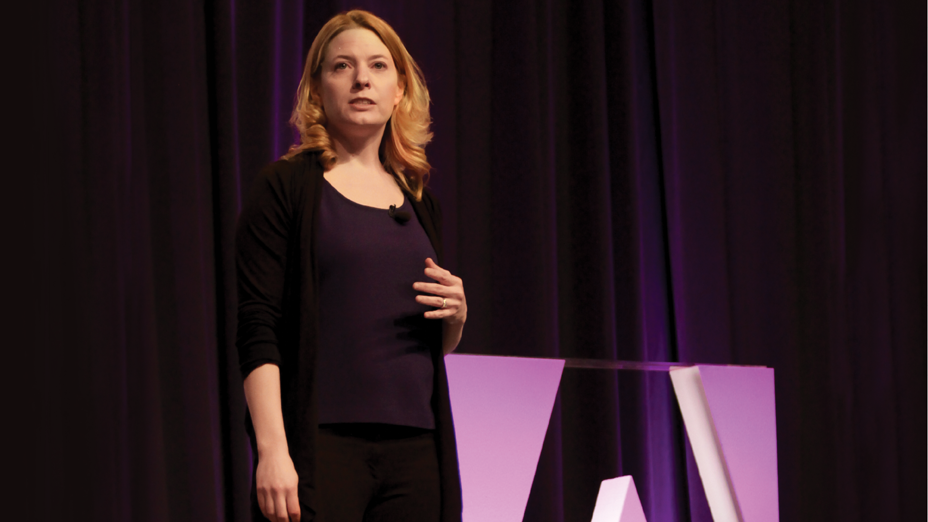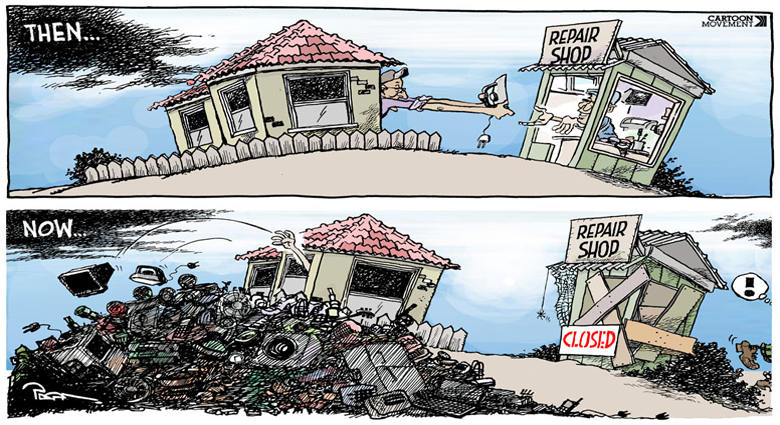The internet is full of tips for making people more efficient. You could procrastinate for weeks by reading such articles, or books on how to be more productive. Since I write about these topics, I’ve waded through a lot of the literature. Some is not terribly useful. I doubt anyone will change their lives by writing “K” instead of “OK” in emails.
But there are a few strategies that I use in my life, over and over again, because I find they make time and life feel so much better and more doable. Here are my favorite seven:
1. Plan your weeks on Fridays.
This tactic is really two ideas combined into one. The first realization is that life is lived in weeks — 168 hours — so the best unit of time to plan for is the week. All sorts of things can fit in 168 hours that can’t fit in 24. As for Friday? It’s best to think through your weeks before you’re in them, so you can take a step back and ask what matters and what doesn’t. On Friday afternoons, plan out your most important professional and personal priorities for the next week, and see where these items can go.
2. Measure what matters.
Keeping an honest inventory of anything that matters in your life can hold you accountable, and nudge you toward your goals. Want to read more? Keep a list of books read. You’ll relish seeing it grow. Want to exercise more? Record your workouts. As you see progress — running faster, lifting heavier weights — you’ll feel motivated to keep going.
3. Figure out three “anchor” events for the weekend.
Since I have four kids and a house to manage, it would be easy for my weekends to be taken over by chores and children’s activities. To make sure I still enjoy myself — and feel rejuvenated for Monday — I make sure to plan in three activities that will add to my energy levels. Sometimes these things involve my children (a family bike ride, or trip to an indoor pool in winter). Sometimes they don’t (dinner out with my husband, an adults-only party, reading 100 pages in a good book). In any case, making a plan and figuring out the logistics ahead of time vastly increases the chances that these things happen, and that the weekend feels both full and good.
4. Tackle the toughest work first.
Most people have more discipline and focus early in the day. Scheduling in important tasks early means you’ll be more likely to have the energy to do them. They’ll take a lot less time than if you wait until that mid-afternoon slump (at which point you’ll keep getting distracted, re-reading the same emails and checking headlines, until panic sets in and you realize you’ll be working late again.)
There's no point in putting something on a to-do list and no doing it. Instead, keep the list under 10 items. Five is even better.
5. Use bits of time well.
If you have 5-10 minutes before a phone call starts, you could surf the web or delete email newsletters you can’t remember subscribing to. Or you could read a few pages in a book (perhaps on ebook on your phone). You could also use this time to meditate, write in a journal, plan your weekend. Deleting emails feels productive, but it isn’t really. Use this time for something more meaningful instead.
6. Make very short to-do lists.
Making a daily to-do list is a sensible idea. The trouble is that people make endless to-do lists. If there are 50 items on a list, you won’t do all of them, and then you’ll feel bad. There’s no point in putting something on a to-do list and not doing it. Instead, keep the list under 10 items. Five is even better. Stuff comes up, as it always does, so revisit the list toward the end of the day to make sure you’re on track. A 4 p.m. “triage” of your list can help you make sure you do anything that has to happen by the end of the day early enough to leave on time.
7. Have a bed time.
I aim to be in bed around 11 p.m. these days. It doesn’t always happen, but if I wake up between 6-6:30 a.m., I’ll feel well-rested. Giving yourself a bedtime provides a nudge to make a decision. You can blow past your bedtime — you are an adult after all — but you have to choose. If there’s no good reason to stay up, you might as well go to bed. Your morning self will thank you.




.png)


.jpg)

What Did You Think?